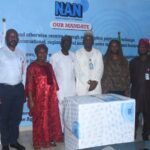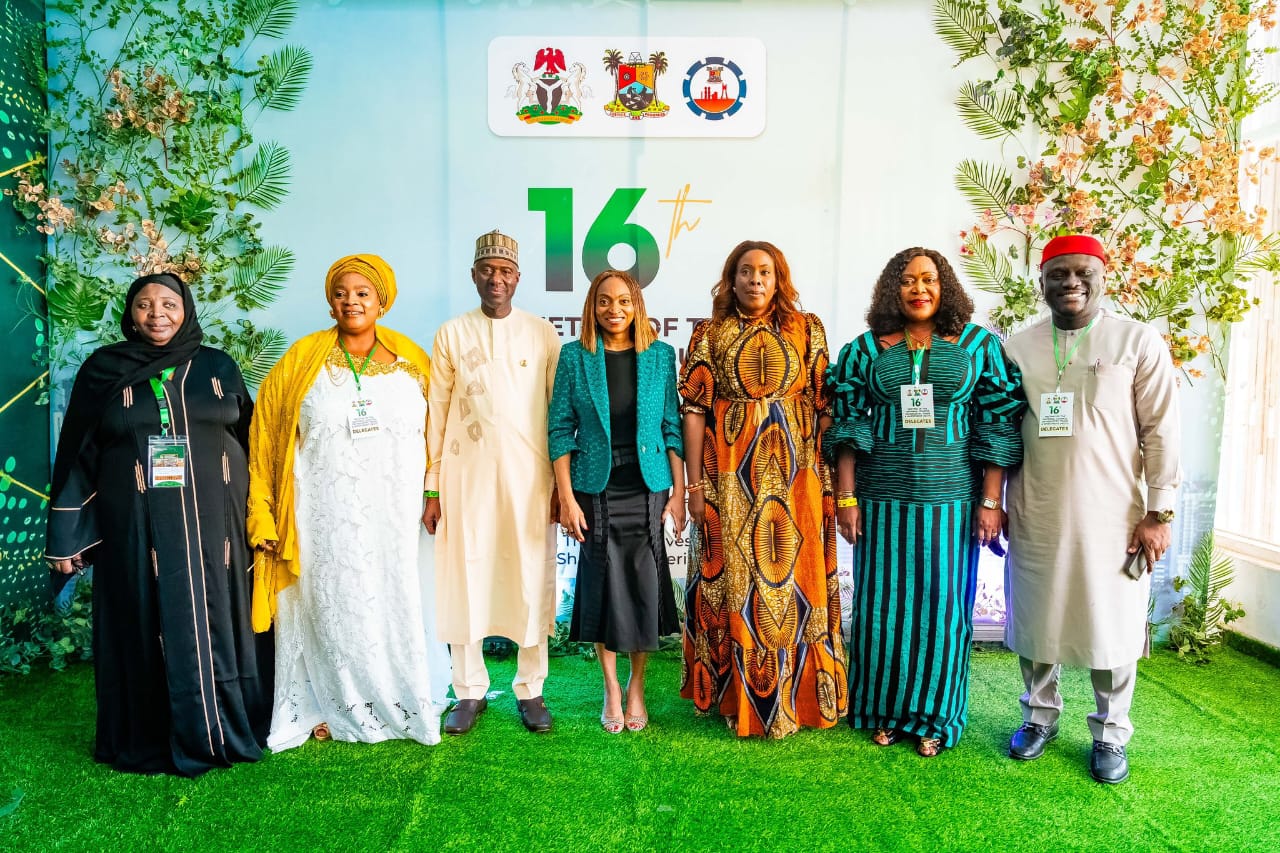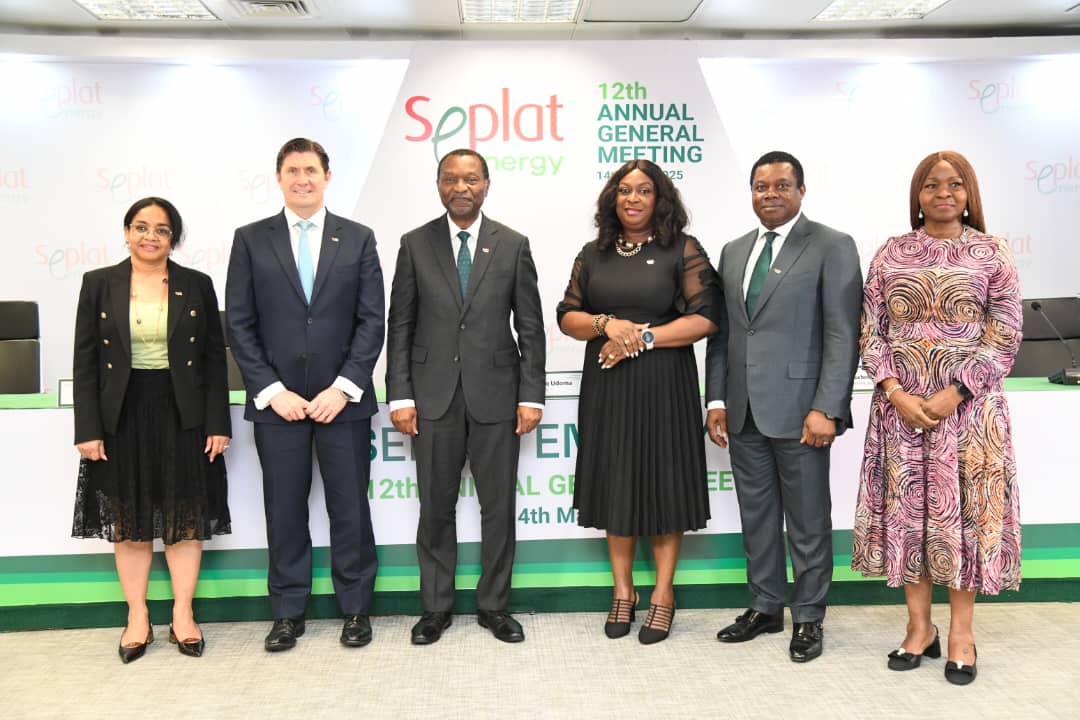Lagos urges support for local production
By Aderonke Ojediran The Lagos State Government has urged Nigerians to embrace locally made products to boost Small and Medium Enterprises (SMEs) and strengthen the national economy. Lagos State Commissioner for Commerce, Cooperatives, Trade and Investment, Mrs Folasade Ambrose, made the appeal on Monday during the 16th National CouncilContinue Reading





















